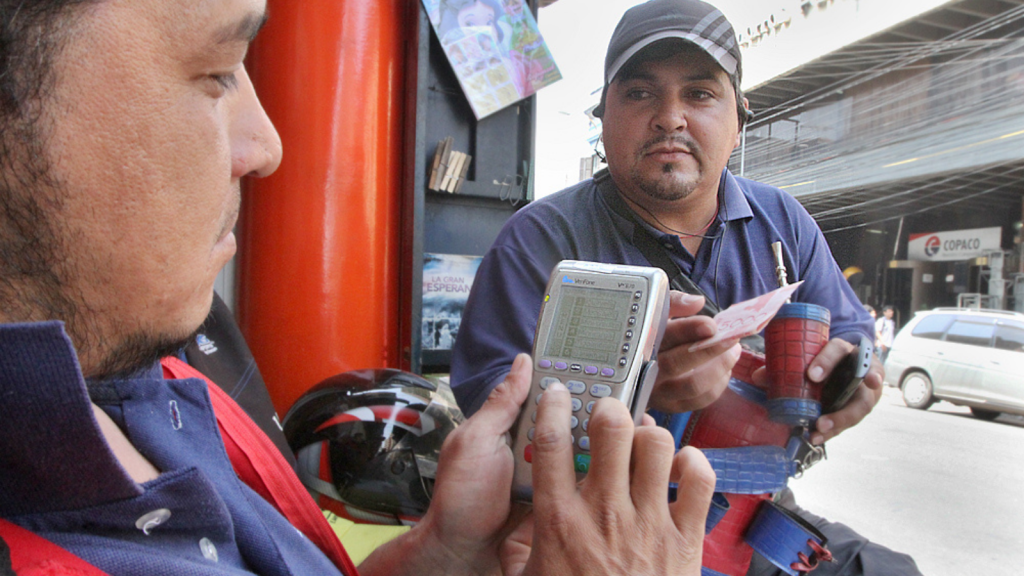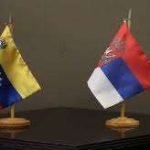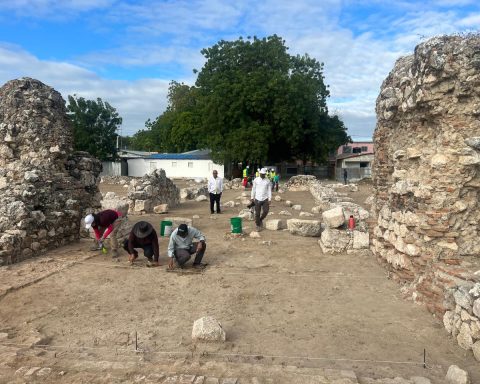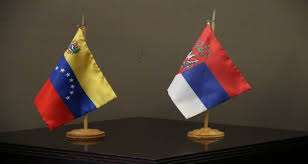Starting this week, agencies require their quinieleros to buy some new “scratch-off” cards in cash. It is a new game offered by the company Technologies Development of Paraguay (TDP) where users of the pool can try their luck by scratching the cardboard in search of three identical images.
A pool broker whose name we prefer to omit, stated that they need capital to be able to buy the cards first and then sell them again. What is striking is that the gain is only 14%. That is, if the cardboard costs G. 10,000, the profit will be G. 1,400.
“The profit they offer us is miserable. Instead of raising the pool commission from 20% to 30%, they created another game without the tender, only with the permission of the Conajzar”, he criticized.
The worker regrets that there is no publicity for the game, so the public is unaware of its existence and its safety.
These are two games, one for G. 5,000 and the other for G. 10,000. The profit percentage is 14% in both cases.
CONTEXT
In September 2020, members of the National Union of workers, vendors of pools, bingo, games of chance and the like in Paraguay (Sitranquiba) denounced the company Technologies Development of Paraguay (TDP), exploiter, for breach of trust, fraud and appropriation. of the pool game. It belongs to Diego Wasmosy, son of Juan Carlos Wasmosy, former President of the Republic.
One of the irregularities and also the reason for the complaint deals with the breach of Law 431/73, which orders the company that operates the pool to allocate a percentage of the uncollected prizes to the ex-combatants of the Chaco War.
At the same time, with the non-fulfilment of the donations of “uncollected prizes” the law 4392/2011 of the National Fund of Solidarity Resources for Health (Fonaress) is also violated. This fund was created to pay for treatment of complex diseases for people with limited resources. However, the firm does not comply with the payment of these fees either.
The irregularities of TDP do not end with the misunderstanding in the payment of the uncollected prizes. Likewise, since the beginning of the pandemic in March, the firm unilaterally decided to reduce the percentage of profits of its 5,000 pool runners. From the 25% established for years, it went to 20%. This means around G. 300,000 less on a monthly basis for the quinieleros.

















